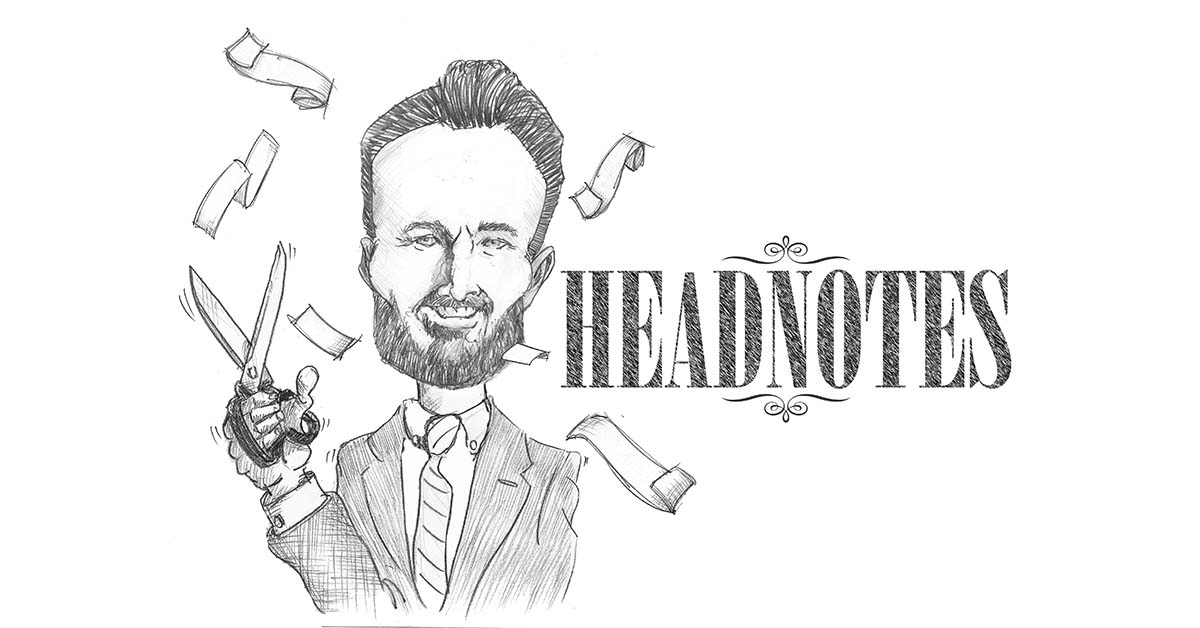Here are a few cases and stories I did not have time to write up but seemed either important or irritating enough to mention:
- Electronic Recording Pilot Program: Last month, the 'remote court reporting' bill AB3013 was signed into law, allowing the LA, Ventura, and San Diego trial courts to conduct pilot projects to study using remote court reporting to make verbatim transcripts. (Note: Don’t get too excited: past successful pilot programs still failed to get renewed.)
- Challenge to $15M punitives award deemed forfeited. The defendant failed to comply with its obligation to provide its financial information. But the plaintiff cobbled together a presentation at the punitives phase, with the jury returning an award of $15M. Result on appeal: by failing to respond, defendant forfeited its challenge that the amount was excessive. (Mosley v. Pacifica Bakersfield, L.P. (D5 Sep. 19, 2024 No. F084699) (nonpub. opn.).
- En Banc Tribalism: The tribal jurisdiction case Lexington Ins. Co. v. Smith (CA9 Sep. 16, 2024) No. 22-35784, didn’t seem that interesting, and the court denied en banc review. But five judges joined Judge Bumatay’s dissent from the denial (called a “dissental”), and more surprising, the three panel members coauthored a concurrence in the denial, joined by a whopping 16 judges. Pretty rare for a case that doesn’t otherwise make news.
- Indemnity Clause Is Not an Attorneys’ Fees Clause: In Hr E&I, Inc. v. Chang Ho Ahn (D1d1 Sep. 20, 2024 No. A168047) [nonpub. opn.], the court affirmed denial of attorneys’ fees. True, there was an indemnity clause calling for attorneys’ fees. But the indemnity clause only described recovery in third-party claims. Not in disputes among the contracting parties.
- To Avoid Unjust Result, Unambiguous Statute Held Ambiguous: Wealthy father refuses to support his autistic adult child. His child gets some miserly government aid, and a statute clearly says that if you get government aid you can’t compel aid from the parent. But that’s a monstrous result so the panel in In re Marriage of Cady and Gamick (D2d1 Sep. 25, 2024 No. B326716) finds the statute to be ambiguous. Even when it’s clearly not. (Comment: In other cases when statute leads to a harsh result, the panel will call for the Legislature to fix the statute. But the panel here, having taken preventive action itself, leaves the sharp edge of the statute in place. But it did publish its opinion. It’s clearly the right result for these parties, but it leaves rather a mess of the statutes—anyone reading the statutes unaided by a copy of this opinion will come away with a totally opposite understanding.)
(Artwork by Randall Holbrook, RNDL.DESIGN.)
